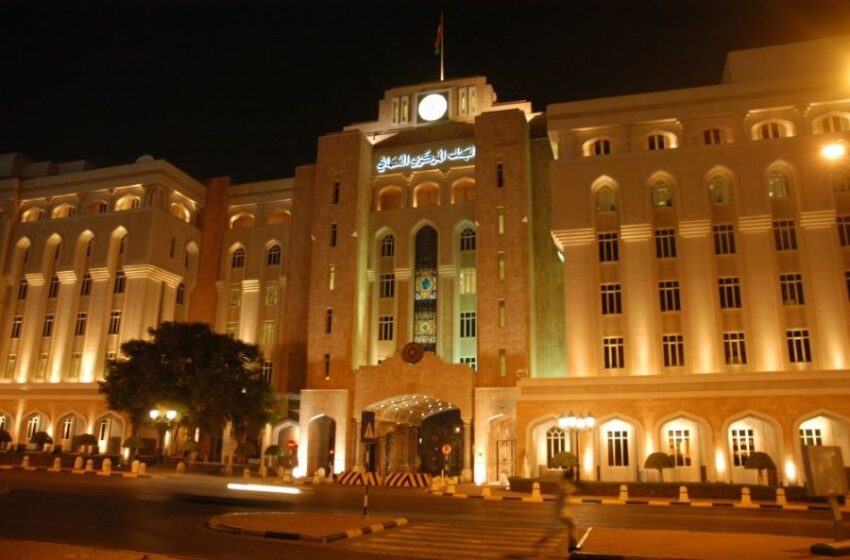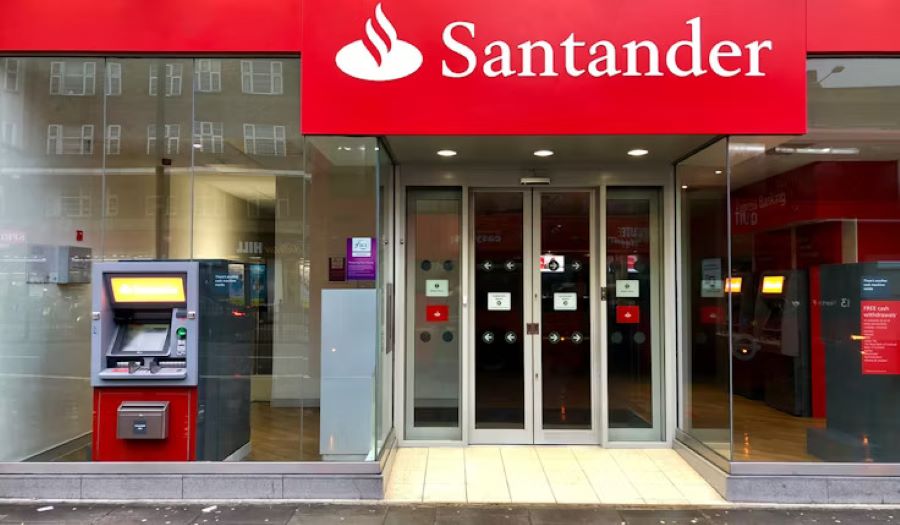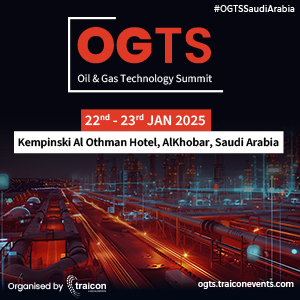
IMF: Oman’s Economy to Rebound in 2025
Oman’s economy continued to expand as its economic growth turned out at 1.2% in 2023 before accelerating to 1.9% y-o-y in the first half of 2024, weighed down by oil production cuts under OPEC+ agreements, but boosted by stronger nonhydrocarbon growth.
The nonhydrocarbon sector grew by 1.8% in 2023 and 3.8% in the first half of 2024 on the back of expansions in construction, manufacturing, and services while inflation slowed down to 0.6% in the first nine months of this year from 0.9% in 2023.
“Fiscal and current account balances remained in comfortable surpluses, while public sector debt declined further in 2023. Oman’s sovereign credit rating has been upgraded recently to investment grade, reflecting the marked improvement in its fundamentals.”
Cesar Serra, the deputy chief of the Regional Analytics and Strategy Division at International Monetary Fund (IMF), who led a team to conduct discussions for the 2024 Article IV consultation in Muscat, said that the economic outlook remains favourable.
He said that the Oman’s growth is projected to remain at 1.2% this year dragged down by extended OPEC+-related oil production curbs, but is set to rebound starting in 2025, supported by higher hydrocarbon production and continued acceleration of nonhydrocarbon growth.
“Fiscal and current account balances are expected to remain in surplus over the medium term, albeit somewhat lower than their current levels, as oil prices soften further. Nonetheless, the outlook is subject to elevated uncertainty, including from oil price volatility, risks of a global economic slowdown, and intensifying geopolitical tensions,” he said.
According to IMF team, the authorities continued pursuing prudent fiscal management, amidst strengthened social safety nets. The nonhydrocarbon primary deficit as a share of nonhydrocarbon GDP is poised to remain unchanged in 2024 relative to its 2023 level (29%, as expected during the 2023 Article IV consultation), notwithstanding higher energy subsidies and additional transfers under the new social protection law. Maintaining steady progress on fiscal reforms remains, however, essential to entrench fiscal sustainability and achieve intergenerational equity.
Untargeted Subsidies
Advancing efforts to raise nonhydrocarbon revenues, through steadfast implementation of tax administration reforms and tax policy measures, and phasing out untargeted subsidies, remain a priority to free up resources to finance growth-enhancing investments to advance Oman’s diversification agenda.
Strengthening fiscal institutions, including by enhancing public financial management, rolling out a full-fledged medium-term fiscal framework, and adopting a fiscal rule while developing a sovereign asset-liability management framework will support fiscal discipline and enhance credibility, the IMF team said.
“The exchange rate peg remains an appropriate and credible policy anchor for Oman. Steadfast implementation of the Monetary Policy Enhancement Project will ensure that monetary policy actions effectively transmit to the broader economy. The banking sector remains sound. Profitability has recovered to pre-pandemic levels, capital and liquidity buffers are ample, while asset quality remains strong. Further developing financial markets, expanding the institutional investor base, and leveraging digitalization will enhance access to finance and support diversification efforts,” the IMF team noted.
The IMF team also said that reform implementation under Oman Vision 2040 has been progressing decisively. The new social protection law has been successfully rolled out, while labour market reforms are ongoing.
Initiatives to improve the business environment, attract large-scale investments, and empower SMEs are underway, while SOE reforms under Oman Investment Authority continue advancing. Efforts are ongoing to scale up renewable energy production to reduce electricity generation costs and support the green hydrogen economy prospects. The digital transformation agenda is progressing, the IMF team added.











